Once considered a fundamental right, digital privacy is now looking more like a premium product. In today’s hyper-connected world—where nearly every click, swipe, and purchase is tracked—true online privacy is harder to come by. Increasingly, it’s only available to those who can afford it.
Just like organic food or first-class travel, privacy has shifted from being a universal expectation to a selective experience. Big Tech’s “free” services come at a hidden cost: your data. Meanwhile, companies offering genuine privacy protections often require a subscription. This trend raises critical questions: Who gets to be private? And what does that mean for everyone else?
Let’s explore why digital privacy is becoming the new luxury—and what this shift means for consumers, businesses, and the future of the internet.
The Business Model That Gave Away Your Privacy
For over a decade, the internet has been “free”—but not really. Platforms like Facebook, Google, TikTok, and others built entire business models around data collection. User behavior became the product, and advertisers became the customers.
This surveillance capitalism worked because users didn’t fully understand what they were trading. However, rising awareness around data harvesting, targeted ads, and breaches has caused a shift in consumer sentiment. Today, more users are questioning whether “free” is worth the loss of control.
Enter the Paywall: Privacy for a Price
To escape the data dragnet, consumers are increasingly turning to services that offer privacy-first experiences—often at a cost.
-
Search engines like DuckDuckGo and Neeva (RIP) gained traction by promising not to track users.
-
Apple’s iCloud+ with Private Relay offers encrypted browsing—but only to paying customers.
-
Encrypted email services like ProtonMail and Tutanota offer secure communication for those who subscribe.
-
VPN providers and password managers charge users for a shield against tracking and cyber threats.
In effect, privacy is now bundled into paid features—much like legroom on a flight. If you don’t pay, you give up control.
Big Tech Is Selling Privacy Too—To Those Who Can Afford It
Ironically, some of the biggest players in data harvesting now market themselves as privacy-conscious—if you’re willing to upgrade.
-
Google’s Pixel phones and Apple’s iPhones both offer advanced privacy controls, but these features often come with the latest (and most expensive) devices.
-
Meta’s Instagram and Facebook allow users in the EU to opt out of personalized ads—but only if they pay a monthly fee.
This raises ethical concerns. If privacy is treated as a paid “perk” instead of a right, lower-income users are left more exposed, while the privileged enjoy digital autonomy.
Why This Matters: The Digital Divide Is Deepening
As privacy becomes a paid feature, it risks widening the digital divide. Affluent users can pay for tools that reduce tracking, prevent profiling, and shield personal information. Others are stuck in an ecosystem that monetizes their every move.
The implications are serious:
-
Data-driven discrimination: Algorithms trained on biased or incomplete data can affect everything from job opportunities to credit scores.
-
Loss of autonomy: Users without privacy are more easily manipulated through hyper-targeted content and ads.
-
Social inequality: The right to opt out of surveillance becomes another marker of privilege.
Can Privacy Be a Right Again?
Regulations like the GDPR in Europe and CCPA in California are steps in the right direction. They shift the burden from users to companies and give consumers more control. However, enforcement remains uneven, and many users still lack the tools or awareness to protect themselves.
Privacy advocacy groups are pushing for privacy-by-default standards, urging platforms to respect user rights regardless of ability to pay. But until systemic change occurs, digital privacy will likely remain a two-tiered experience.
Conclusion: The Future of Privacy Is a Choice—But Not for Everyone
In 2025, privacy is no longer a given. It’s a decision consumers must actively make—and often pay for. Like clean water or organic food, privacy is becoming part of a premium lifestyle. Those who can afford it enjoy a more secure digital life. The rest are left with the trade-offs.
The challenge ahead isn’t just building better tools—but making privacy accessible to everyone. Because in a truly free society, your right to be left alone shouldn’t depend on your income bracket.


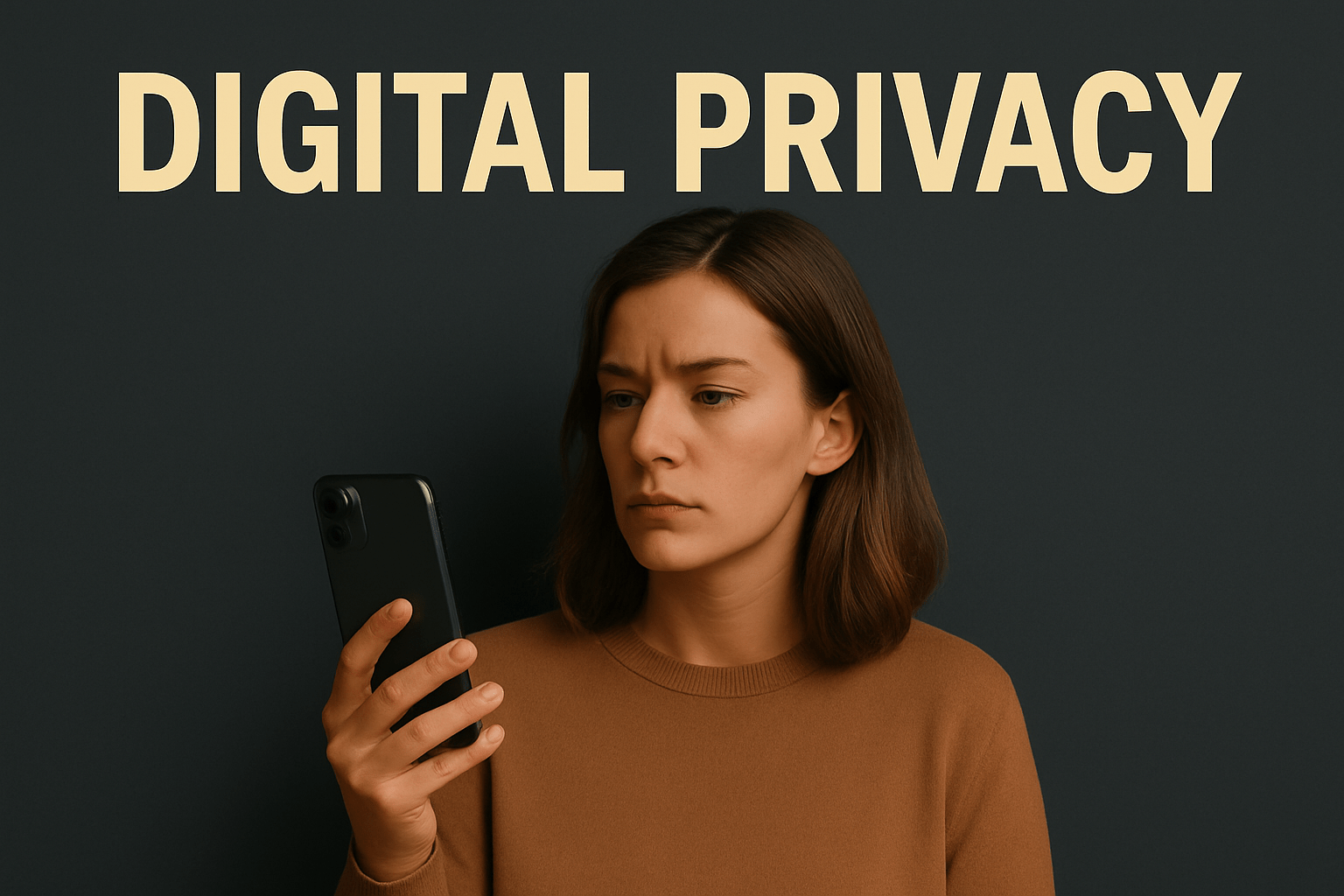
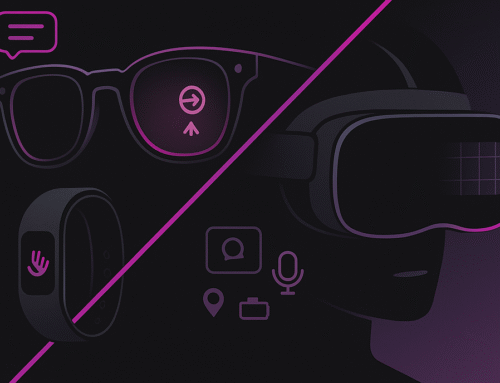
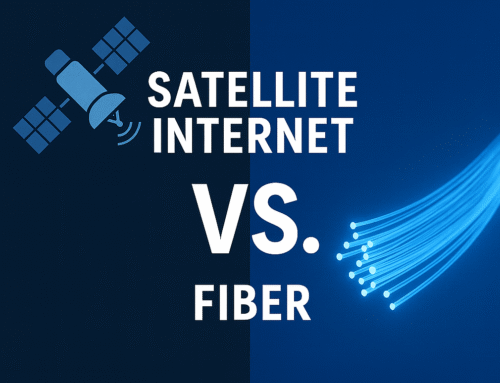
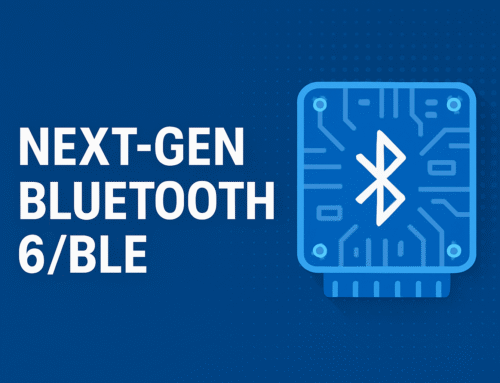
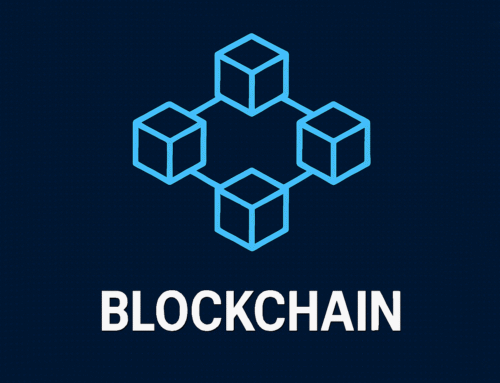
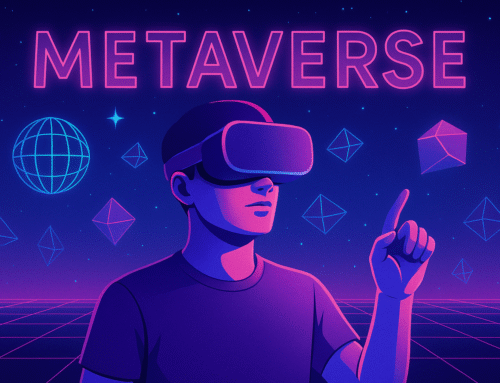
Leave A Comment
You must be logged in to post a comment.